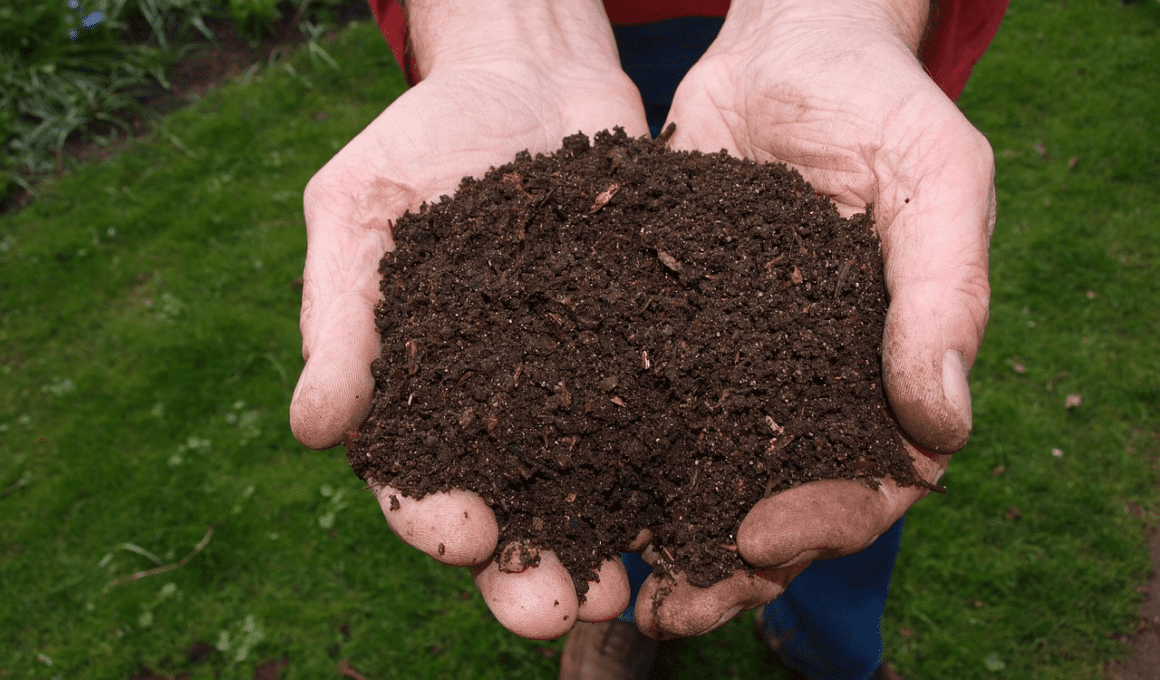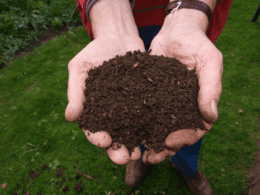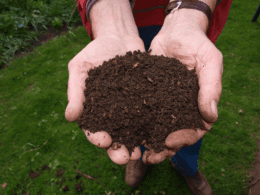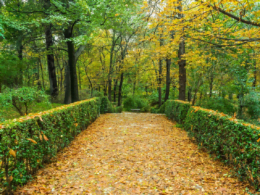Are you looking for a way to improve your compost and create nutrient-rich soil for your garden? Look no further than wood ashes!
Adding wood ashes to your compost can provide a variety of benefits, including important nutrients like potassium and calcium, as well as helping to balance out acidity and improve soil texture.
But before you start dumping your fireplace ashes onto your compost pile, there are a few things you should know. Using wood ashes in moderation is key, as they can affect the pH levels of your compost.
With the right precautions and understanding of limitations, incorporating wood ashes into your compost can not only boost its effectiveness but also help keep your garden healthy and thriving.
Read on to learn more about the benefits of using wood ashes in your compost and how to do it effectively.
Quick Takeaways
- Wood and charcoal ashes can be used in compost to add valuable nutrients and raise soil pH.
- Ashes from treated lumber should not be used due to high chemical content.
- Too much ash can overwhelm a compost pile, so it’s important to add a small amount and balance it with brown compost ingredients.
- Wood ash contributes potassium, calcium, and lime to compost without adding nitrogen, which is beneficial to plants when you spread the compost in the garden.
Benefits of Wood Ashes
If you want to boost your compost, you can add wood ashes because they contain potassium, calcium, and lime, which are essential nutrients for plant growth. Using wood ashes in gardening is a great way to improve your compost’s nutrient content without adding nitrogen. Composting with wood ashes for beginners is easy, as long as you follow a few simple rules.
Wood ashes are particularly useful for composting because they help balance the pH levels in acidic soil. Adding a small amount of wood ashes to your compost pile can also help with drainage and soil compaction. However, it’s essential to remember that too much ash can be harmful, so it’s best to use it sparingly.
By using wood ashes in your composting routine, you can create a nutrient-rich soil that will help your plants thrive.
Tips for Adding Ashes
To maximize the benefits of incorporating ash into your compost, remember to sprinkle a small amount of it evenly over a layer of brown material. Mixing ratios are important when adding ash to your compost.
Too much ash can overwhelm a compost pile and raise the pH level, which can harm plants. However, a small shovelful of ash can balance nitrogen-producing components in your compost, which is beneficial for plant growth.
Compost maintenance is crucial for a successful composting process. Adding a layer of brown material before sprinkling ash helps distribute it evenly. If the pH level rises above eight, compost action will slow down. To prevent this, always add a layer of brown material before adding ash.
Remember, composting wood ash is an environmentally-friendly way to reduce waste heading to the landfill while increasing the nutrient blend of compost.
Precautions and Limitations
Be cautious when adding too much ash to your compost, as it can lead to potential risks. Remember that ashes raise the pH level of soil, which can be harmful to your plants. When the pH level becomes too high, it can inhibit nutrient absorption in some plants, causing them to wilt. To avoid this, it’s recommended to add a small shovelful of ash to your compost to balance out nitrogen-producing components and sprinkle it evenly to distribute it.
Safety measures should be taken seriously when adding wood ashes to your compost. It’s important to avoid ashes from treated lumber as they contain high chemical content that can harm your plants. Additionally, be mindful of the amount of ash you add to your compost. Too much ash can overwhelm your compost pile and slow down compost action.
Remember to always add a layer of brown material first before adding ash to your compost. By following these precautions and limitations, you can safely boost your compost with wood ashes and create a nutrient-rich soil for your plants.
Frequently Asked Questions
Can ashes from burning paper or cardboard be used in compost?
Using ashes wisely in composting requires caution. Ashes from burning paper or cardboard should not be used as they contain harmful chemicals. Stick to wood and charcoal ashes to boost your compost and improve soil health. Follow composting tips to achieve optimal results.
How long does it take for wood ashes to break down in compost?
Incorporating wood ash into garden soil has benefits like providing potassium, calcium, and lime to plants. Wood ashes take around six months to break down in compost, but can be used in small amounts to improve nutrient blend.
Can wood ashes attract pests to the compost pile?
To prevent infestation, avoid adding too much wood ash to your compost pile. Make sure to balance the pH level by adding brown materials and sprinkle a small amount of ash. This will create a safe environment for your compost to thrive.
Can too much ash in compost harm beneficial microorganisms?
Too much ash in compost can affect pH balance and harm beneficial microorganisms. To avoid this, use alternative sources of brown material and add small amounts of ash to balance nitrogen.
Are there any safety concerns when handling and storing wood ashes for composting purposes?
When handling and storing wood ashes for composting, take precautions to avoid inhaling the fine particles. Store ashes in a metal container with a tight-fitting lid and keep away from flammable materials. Only add small amounts to compost and avoid adding ash from treated lumber.









